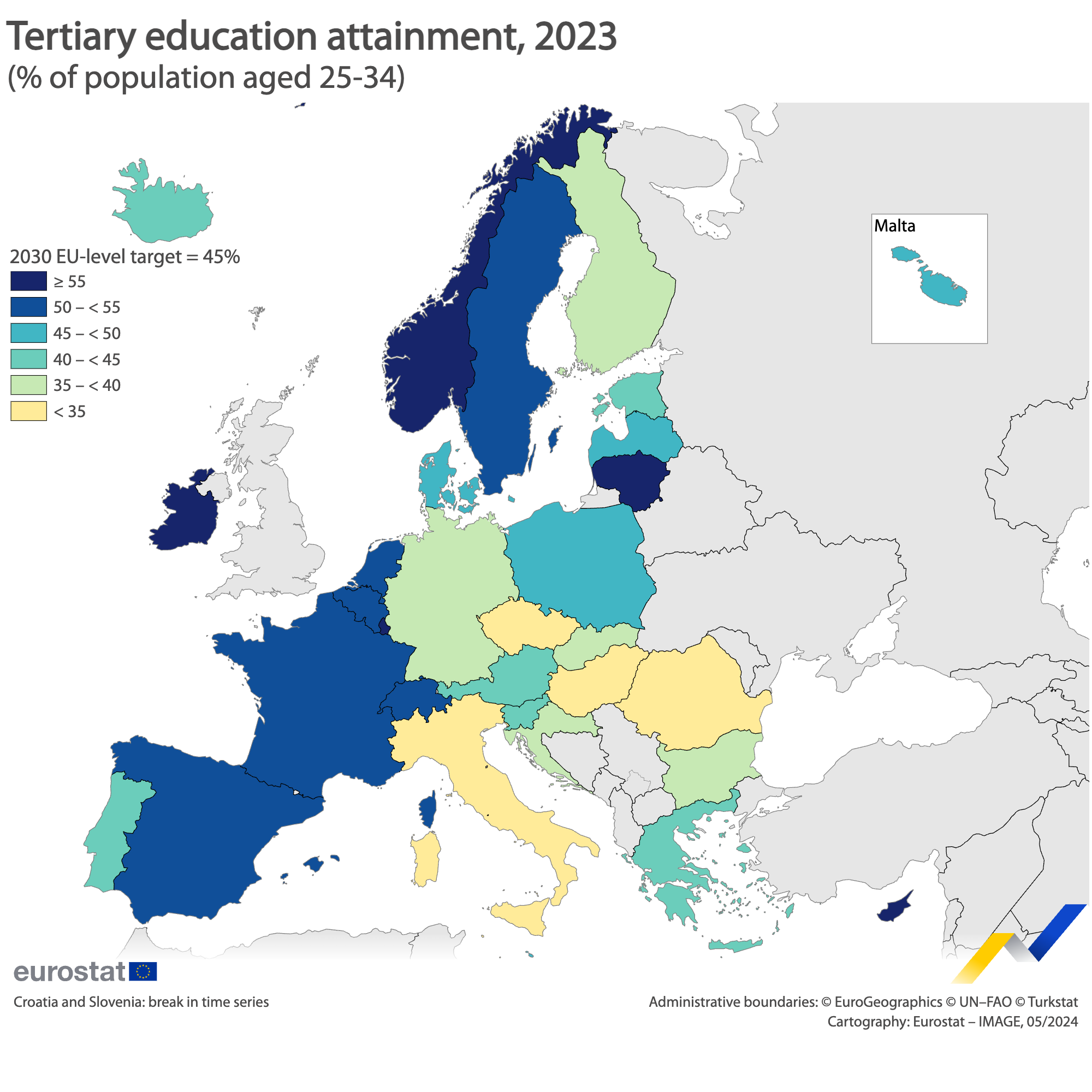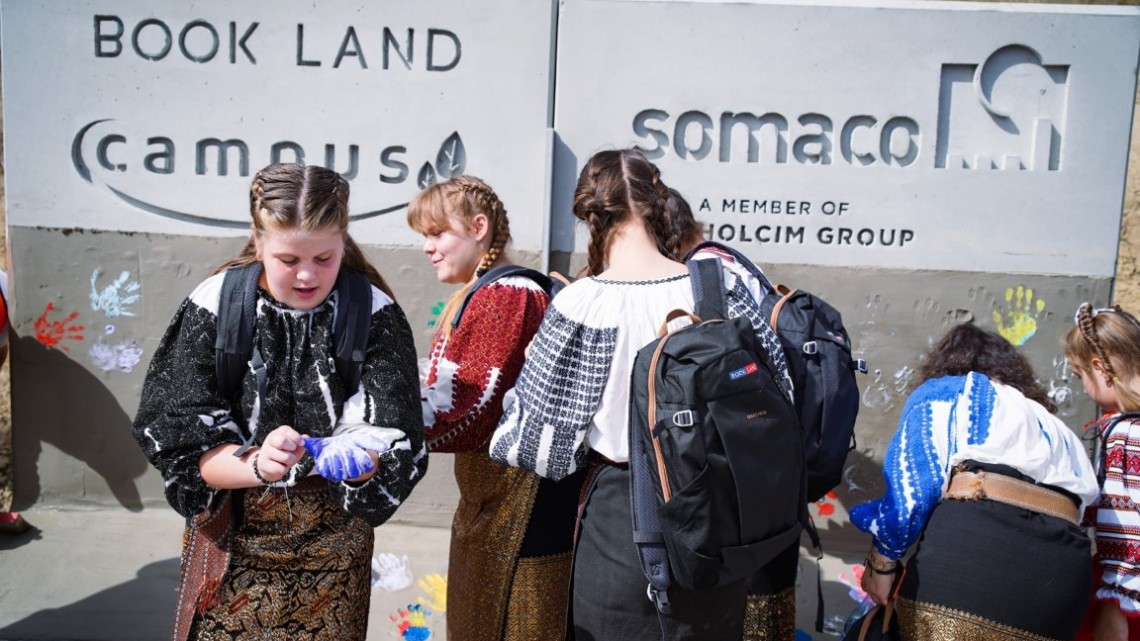Support for first-generation university students at USAMV
The University of Agricultural Sciences and Veterinary Medicine (USAMV) in Cluj-Napoca has secured funding for the project “Horizon – Advanced support and inclusion program for first-generation university students.” With a budget of nearly 8 million RON (1.6 million euro), financed through the European Social Fund Plus (ESF+), the project will run for 30 months.
The project, under the coordination of Professor Dr. Ioana Roman, USAMV Cluj-Napoca, together with its partners – the Cluj County School Inspectorate and the “Napoca” College of Tourism Services –, aims to support 185 high school students and 170 university students at risk of educational exclusion. The program seeks to reduce university dropout rates and facilitate the social integration of young people from disadvantaged backgrounds.
“Through this project, USAMV Cluj-Napoca actively contributes to developing an inclusive and equitable society by providing support to young people at risk of educational exclusion,” stated Professor Dr. Ioana Roman, the project director.


